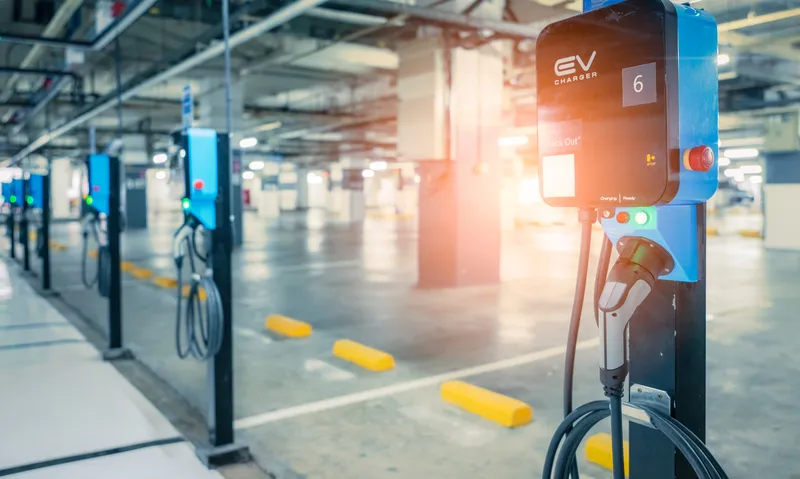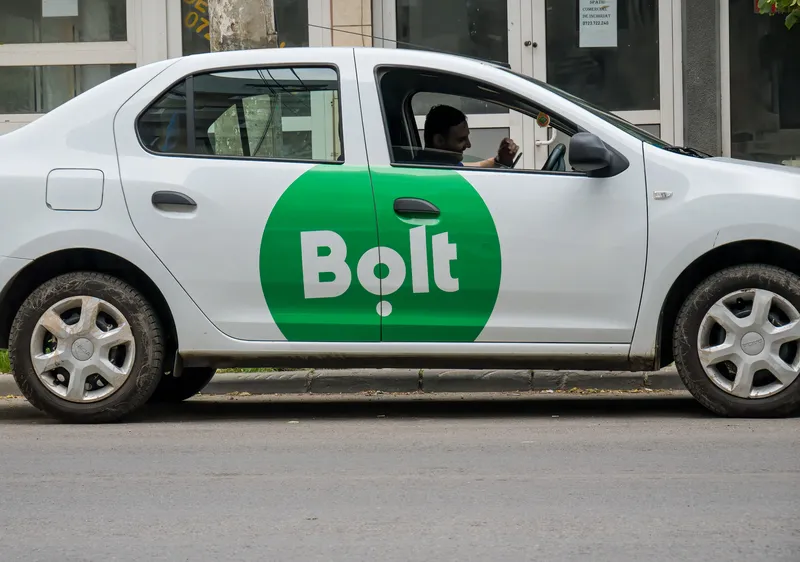
The Global Sustainable Mobility Partnership (GSMP) has published recommendations to help governments develop a mature electric vehicle (EV) charging ecosystem at the Cop26 climate conference in Scotland.
GSMP members Cenex UK, Forth, Teri and Uyilo were commissioned by the ZEV Alliance to establish a vision for a charging infrastructure ecosystem that could efficiently serve the needs of all EV applications.
The new report says mature and flourishing charging systems are more likely to exist with specific government focus, most likely through a dedicated transport or energy ministry brief.
Policies for a mature, flourishing & equitable EV charging ecosystem explains this will locate responsibility for the production and maintenance of an infrastructure strategy, as well as provide a central point from which activity in the different levels of federal, regional and local government can be coordinated.
The document emphasises that it is essential to get the business case right for EV chargers if the “much-needed” private investment is to be obtained. Where public intervention is desired, a range of models can be used to distribute the financial, reputational and operational delivery risks.
Public authorities wishing to involve themselves actively should seek contractual terms which balance risks and opportunities with their chosen contractor, the report adds.
Elsewhere, GSMP recognises the importance of delivering equitable access to EV charging to ensure the social and environmental benefits of electric mobility are available to all. Without public intervention, chargers will tend to be deployed in more affluent areas where EV ownership is higher.
The ZEV Alliance is a group in which national, state and provincial governments such as Norway, British Columbia and Rhode Island work together to expand the zero-emissions vehicle (ZEV) market and enhance governmental cooperation on relevant policies. It is managed by the International Council on Clean Transportation.
Rachel Muncrief, deputy director of the International Council on Clean Transportation, says: “For the ZEV Alliance governments, and for everyone else working to accelerate the ZEV transition, charging infrastructure is a persistent challenge.
“This report from the GSMP provides insight into the top questions that governments are facing as they are strengthening their ZEV commitments and creating comprehensive, equitable charging strategies.
“With the information and analysis in this report, charging can be a driver of the ZEV transition rather than a barrier.”









